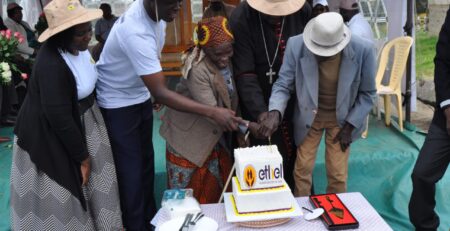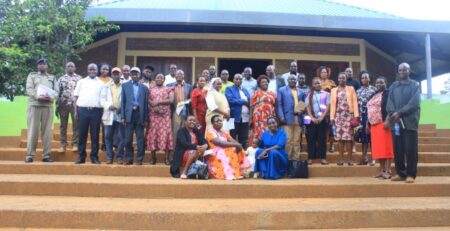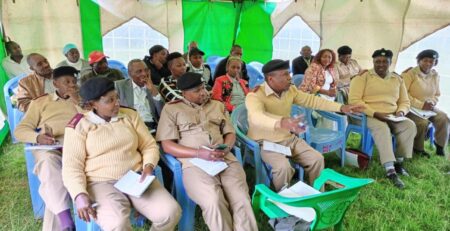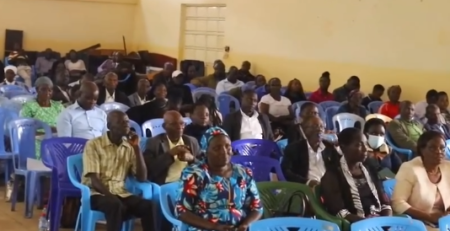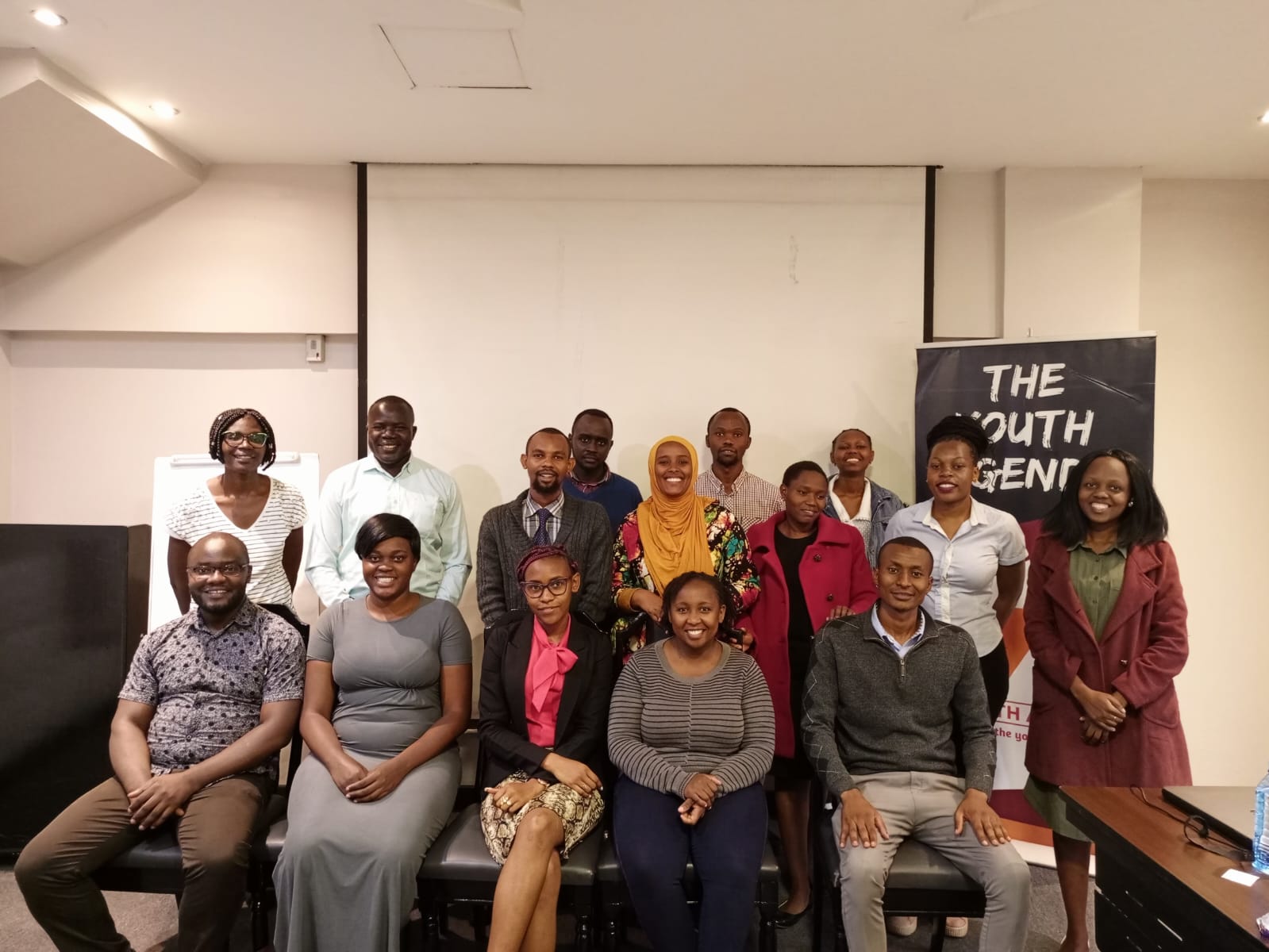Growing old is a life course that attracts different cultural attitudes across the world. In Kenya, an emerging area of health has set the pace for discussions on how to care for an ageing population. Health + Medicine editor Joy Wanja Muraya spoke to Lucy Maina about the challenges of geriatric care in Kenya.
Sub-Saharan Africa is facing an expanding ageing population. This is an unprecedented challenge. Should we be worried?
The expanding ageing population is a double-edged sword. It’s a cause for celebration as well as a reason for worry.
People are living longer globally. This is true in sub-Saharan Africa too. Longer lifespans have been attributed to improved medical care, improved diet and nutrition, as well as general wellbeing.
Get news that’s free, independent and based on evidence.
By 2050 older people will constitute more than one-fifth of the world’s population. The greatest increase will be in Africa. But Africa is the least-prepared continent for this demographic transition.
Developed countries have made great strides toward assuring the security for their older populations and legislated their rights. But Africa – particularly sub-Saharan Africa – has made little effort.
Yet Africa is the continent most affected by poverty, conflict, environmental challenges as well as poor access to health care. All are critical for improving quality of life, especially for older people.
Sub-Saharan Africa has to contend with additional challenges such as increasing budget constraints. This is making it hard for countries in the region to achieve goals set out for ageing populations such as those in the Madrid Plan of Action on Ageing.
These sought to ensure that countries look after the elderly by respecting their rights, eradicating poverty, and empowering them to participate in society.
What risks do older people face, and what challenges do developing countries face, in handling their healthcare needs?
The biggest risks facing are a lack of income security, inadequate health services, lack of employment and a deteriorating environment.
First, income security could be guaranteed through strong pension systems or state welfare schemes. Most African countries have neither of these. In cases where they do exist, welfare and social security systems face serious challenges of sustainability.
Second, health care is critical. Older people face increased risk of non-communicable and degenerative diseases such as cardiovascular ailments, diabetes and kidney ailments.
Health care systems in Africa are ill-prepared to attend to the increased demand for health care from older people. This is true in both preventive and curative services.
At the same time, African countries are ill-prepared to provide long-term care for older people. Most don’t have comprehensive plans for long-term care at family, community and national level.
How is Kenya different? What particular challenges does it face?
Kenya has about 1.2 million people over 65 years of age in a population of 38.6 million. They represent about 3.8% of the total population. There are slightly more men than women.
About 68% percent of older people are between the age of 65 and 75. This is estimated to go up by 2050.
Kenya doesn’t have a legislated policy for older people even though a draft policy was written in 2009.
The country relies mainly on provisions of the constitution that guarantee the rights of all people. Article 57 mandates the state to ensure the rights of older people to participate in the affairs of society, pursue their personal development, live in dignity and respect free from abuse and receive reasonable care and assistance from both the state and family.
To date, Kenya has no long-term care public insurance scheme for older people and access to private health insurance is very limited.
Older people are expected to receive health care at government hospitals and no special provision or arrangements are in place. A lack of doctors specialising in geriatric care further compounds the problem.
Care of older people with disabilities and chronic health problems is mainly undertaken by family members and only about 16 facilities for residential care are available in the country. Most are run by religious organisations.
There is therefore substantial unmet need for both long- and short-term care for older people in Kenya.
What lessons can Kenya learn from other countries on how to deal with the health care needs of elderly people?
Kenya has a lot to learn from developed nations and even middle-income countries, including South Africa. For example, Kenya could borrow from South Africa’s older persons’ care system that is sensitive to their cultural and personal needs like home safety, healthy nutrition and access to health care.
First, Kenya needs to pass legislation that tackles the needs of older people. There also needs to be an implementation framework.
Kenya also needs to move quickly into universal health care for older people. This should include long-term care. And the state must invest in efforts to support long-term care. This includes research, planning, partnerships and subsided costs for care so that older people can access it for free.
And there is an urgent need to lessen the burdens on families, which is both unsustainable and impractical.
Kenya must also invest in education and training for caregivers and medical staff to fill the gap of skills in the provision of specialised care for older people. This is particularly true when it comes to severe illnesses such as dementia.


